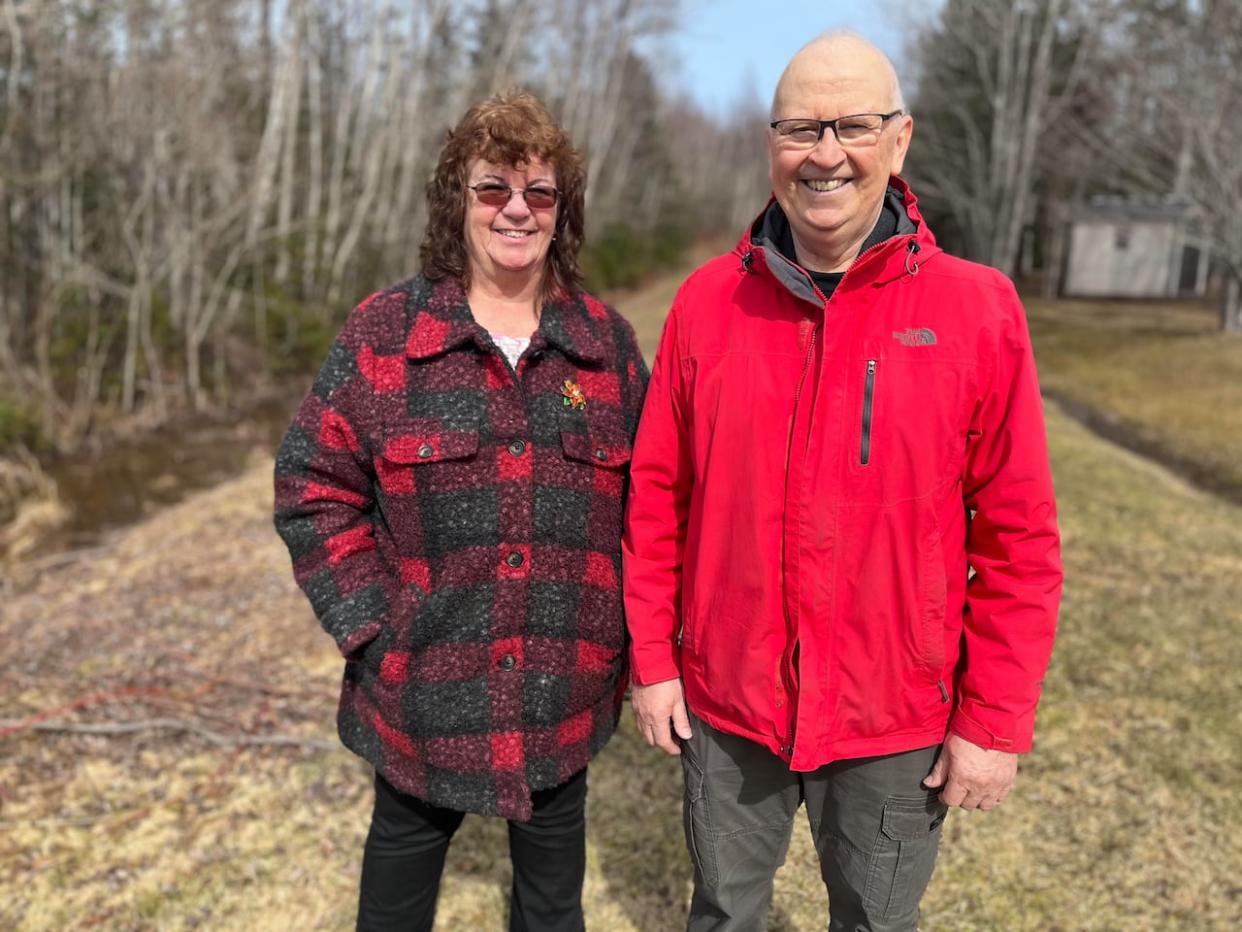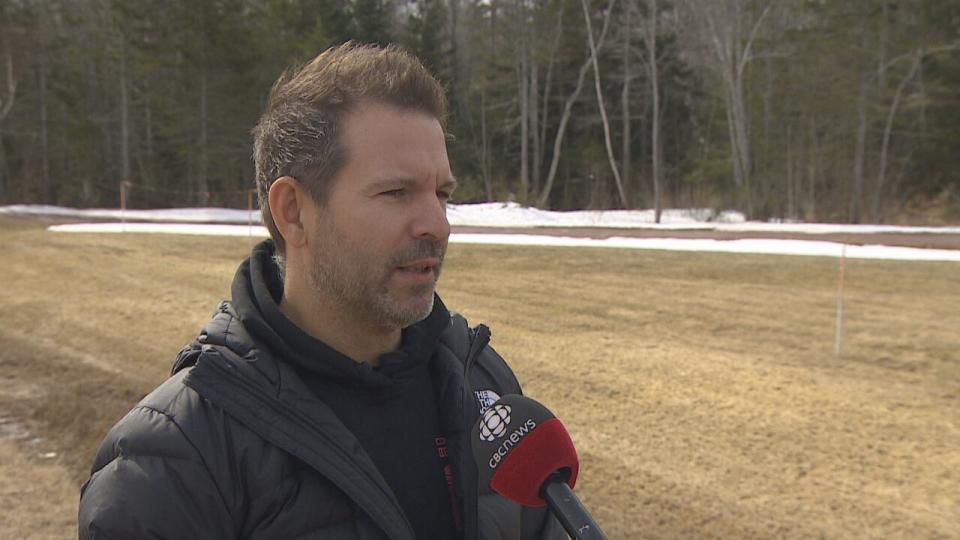O'Leary, Wellington get over $1M to speed up housing construction

Two western P.E.I. communities received over $1 million in combined federal money to help clear the way for the construction of 150 new homes over the next decade.
O'Leary and Wellington are the latest Island communities to get funding from Ottawa's Housing Accelerator Fund, a $4-billion pot aimed at easing Canada's housing crisis.
The funding will help fast-track 27 new housing units in the two communities over the next three years.
Egmont MP Bobby Morrissey said O'Leary and Wellington are the smallest communities in the country to receive funding. That's largely because smaller municipal governments have less planning capacity in comparison to their urban counterparts.
"It forced us to work very closely with those small municipalities that showed a desire to adapt their regulations to meet this program, and O'Leary and Wellington stepped up to that challenge," Morrissey said.
"In order to fill our schools, to utilize our wonderful recreation facilities in these communities, they would need a growing population, and the challenge was finding them affordable housing."
The Housing Accelerator Fund money doesn't go directly to new builds, but is used to help municipal governments carry out things like environmental studies and needs assessments to speed up construction and reduce costs for developers.
O'Leary is getting $590,000 to help the town promote more secondary and garden suites on residential lots, convert commercial spaces for residential use, and create more rent-to-own opportunities as well as a grant program for non-profit housing organizations.
Deputy mayor Darren MacKinnon said an increase in immigration is creating the need for more housing, not just in cities, but also in rural areas like O'Leary.
"You're seeing a lot of family housing that is being required, and a lot of professional workers coming in needing housing to service the areas of the town that they're working in," he said.
"We're hoping to grow the population of the town and have some people set down some permanent roots by having housing."
'There is no space in Wellington'
Wellington will receive $478,000 to support a revision of the municipality's zoning and development bylaws, and to expand municipal boundaries to allow more room for development.
That's welcome news for Jocelyn Arsenault, who wants to turn a plot of family land in Wellington into a 20-lot development that will include a mix of affordable, multi-family and single-family housing.
He hopes the funding announced Monday will hasten the completion of an environmental assessment on the land so he get construction started.

Jocelyn Arsenault wants to build a 20-lot development on his family's plot of land in Wellington, and says the federal funding will help him get an environmental assessment completed quicker. (Wayne Thibodeau/CBC)
"There is no space in Wellington. The municipality cannot grow," Arsenault said. "That's why when we first moved here we said … we have this empty land, let's look at what we can do with it to help grow the community."
Wellington Mayor Irene MacCaull said the community is also looking toward immigration to expand its population and keep needed services like schools and recreation centres running.
"If we can get people to come here into our community, [it will] help fill up our school, keep our tax rates down, help people with their [pocketbooks] as well," she said.
"We'd like to extend our boundaries out … [which] gives us more land to develop and more people to come in and support the community."

